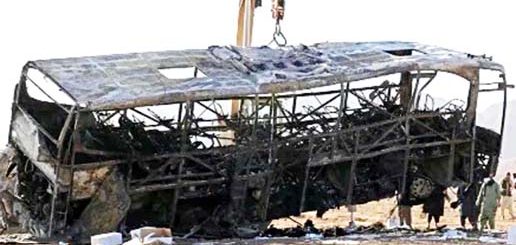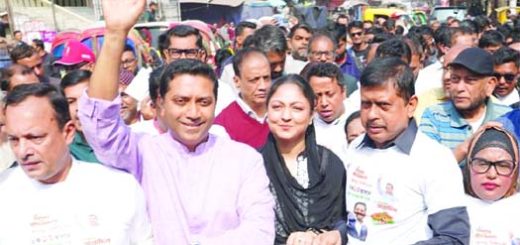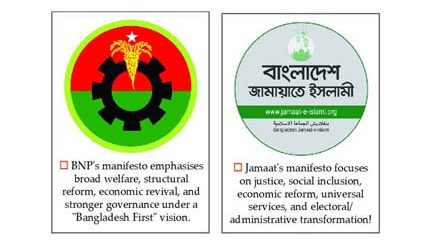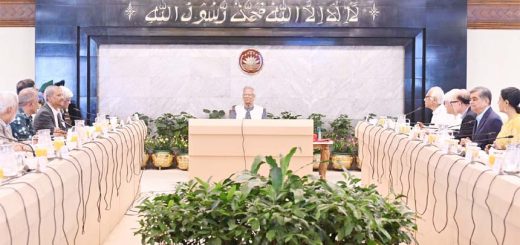CLIMATE ACTION: Keep warming below 2°C for effective finance
Staff Reporter :
Civil society is urging immediate action ahead of COP29, emphasizing that climate finance will be ineffective unless global warming is limited to below 2 degrees Celsius by 2100.
As the world prepares for the 29th Climate Conference (COP29) in Baku, Azerbaijan, speakers at a seminar held at the CIRDAP Auditorium in Dhaka on Saturday stressed the critical need to maintain this temperature threshold to ensure the planet remains habitable.
Organized by EquityBD, a coalition of non-governmental organizations, the seminar underscored that discussions surrounding climate finance would be futile if the two-degree Celsius target is not prioritized.
The event featured various stakeholders, including representatives from government and civil society organizations.
Rezaul Karim Chowdhury, Chief Moderator of EquityBD, presided over the seminar, which included contributions from notable speakers such as Dharitri Kumar Sarkar from the Ministry of Environment and Forests, Dr. Fazle Rabbi of PKSF, and Ziaul Haque Mukta from CSRL.
Keynote speaker Abul Hasan from the COAST Foundation emphasized that the primary objective for delegations at COP29, particularly those from Bangladesh, should be a commitment to reducing carbon emissions by 42 per cent by 2030 compared to 2019 levels.
This ambitious target aims to keep global temperatures between 1.5 and 2 degrees Celsius by the year 2100.
Shamsuddoha of CPRD, a member of the government delegation attending the climate conference, raised concerns about the lack of a clear definition of climate finance.
He noted that the term is often misused, encompassing loans and investments that do not directly address the needs of vulnerable countries.
Furthermore, he pointed out that funds owed to affected nations are often channeled through various financial institutions, such as the World Bank, rather than being administered through the UN Framework Convention on Climate Change (UNFCCC).
Dharitri Kumar Sarkar from the Ministry of Environment and Forests highlighted that the recommendations discussed at the seminar would contribute to Bangladesh’s position paper for COP29.
He noted that reaching consensus among the 128 member countries poses a significant challenge, making swift decision-making difficult.
Dr. Fazle Rabbi from PKSF lamented that less than 1 per cent of the climate finance pledged by wealthy nations for mitigation and adaptation has actually reached the affected countries.
He further pointed out that even when funds are available, infrastructural limitations and policy constraints often hinder their effective utilization.
Ziaul Haque Mukta from CSRL warned that even if all countries meet their greenhouse gas emission commitments, global warming could still rise by 3.1 degrees Celsius by 2100-a scenario that would spell disaster for the planet.
He reiterated the necessity of reducing emissions by 42 per cent by 2030 to avoid such outcomes, emphasizing that there are currently no visible efforts toward this goal.
In his keynote address, Abul Hasan urged the government to advocate for climate finance that does not impose conditions on poorer nations.
He stressed that discussions at COP29 must focus on making funding realistic and needs-based, requiring recipient countries to submit clear and actionable proposals.
Syed Aminul Haque from COAST Foundation called for the establishment of a new global financial framework to ensure that climate finance yields tangible results, arguing that existing structures are inadequate.
In conclusion, Rezaul Karim Chowdhury emphasized that at least 75 per cent of climate finance should be managed through the UNFCCC to prevent the commodification of funds.
He warned that moving funding outside this framework could lead to misuse and inefficiency.








